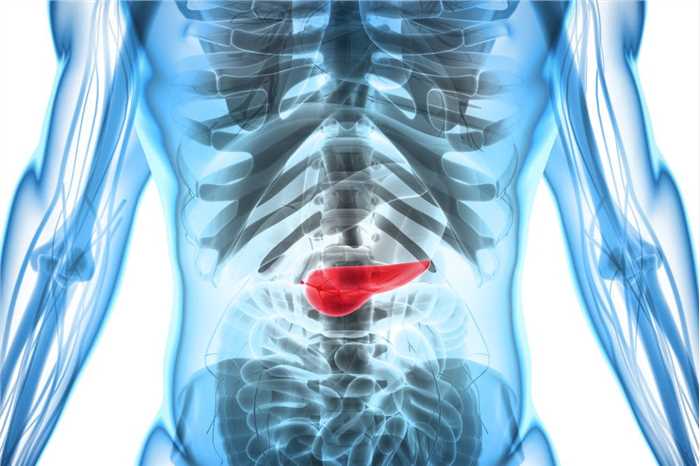Pancreatic Cancer Vaccine Development Service
Creative Biolabs is a world leader in the field of cancer vaccine development. With our extensive experience and advanced platform, we are therefore confident in offering the best services for vaccine development against pancreatic cancer and guarantee the finest results for our customers all over the world.
Pancreatic Cancer

Pancreatic cancer is a type of cancer arising from cells in the pancreas (a glandular organ behind the stomach) when they begin to run out of control and become lumps. These cancer cells can invade other parts of the body. There are several types of pancreatic cancer, of which the most common one is pancreatic adenocarcinoma (accounts for about 85%). The term "pancreatic cancer" is sometimes used to refer only to pancreatic adenocarcinoma. These adenocarcinomas originate in the part of the pancreas that produces digestive enzymes. These cells may also lead to several other types of cancer, which together represent the majority of non-adenocarcinomas. 1-2% of pancreatic cancer cases are neuroendocrine tumors arising from pancreatic hormone-producing cells, which are generally less aggressive than pancreatic cancer.
Therapeutic Vaccines for Pancreatic Cancer
- Dendritic Cell-based Vaccines - DCs are widely considered as the most potent APCs as they are very efficient at priming native T cells to generate memory T cells and B cells that mediate robust antigen-specific immune responses. Several groups have attempted to harness these characteristics by isolating DCs, loading them with TAAs as well as with TAA-coding or tumor-derived mRNA ex vivo, and subsequently re-infusing them in patients. The combination of DC-based immunotherapy and chemotherapy was well tolerated by advanced PDA patients.
- Antigen Specific Vaccines - Antigen specific vaccines target known tumor antigens thereby eliciting a tumor specific immune response. Peptide or protein vaccines use identified immunodominant tumor epitopes to stimulate T cell anti-tumor responses. In PDA, the natural starting point for these vaccines became tumor markers such as carcinoembryonic antigen (CEA) and MUC-1, as well as mutated proteins that play a prominent role in PDA such as Ras and telomerase. The advantages of peptide vaccines include ease of manufacturing and administration but they are also poorly immunogenic and less able to create immunological memory.
- Whole Cell Vaccines - Whole cell vaccines avoid the need for antigen specification since they include irradiated whole tumor cells. These tumor cells are transduced with GM-CSF genes and more efficiently prime the immune system by enhancing antigen presentation by DCs. Multiple tumor antigens can then be processed from the irradiated tumor cells in the presence of these activated DCs.
Creative Biolabs also provides other vaccine development strategies for pancreatic cancer including:
- KRAS-targeting vaccines
- Telomerase-targeting vaccines
- Gastrin-based vaccines
- Survivin-targeting vaccines
- HSP-peptide complex-based vaccines
- Recombinant virus-based CEA- and MUC1-targeting vaccines
- Listeria-based vaccines
- Allogeneic GM-CSF-secreting vaccines
Creative Biolabs is a leader in the field of vaccine development and has focused on the cancer vaccines for years. We have experts who are able to help you with the development of the pancreatic cancer vaccines. If you are interested in our services, please contact us for more details.
References
- Kevin, C. (2013). “Vaccines for Pancreatic Cancer.” Cancer J 18(6), 642-652.
- Bulent Salman. (2013). “Vaccine therapy for pancreatic cancer.” Oncoimmunology 2(12), e26662.
All of our products can only be used for research purposes. These vaccine ingredients CANNOT be used directly on humans or animals.


